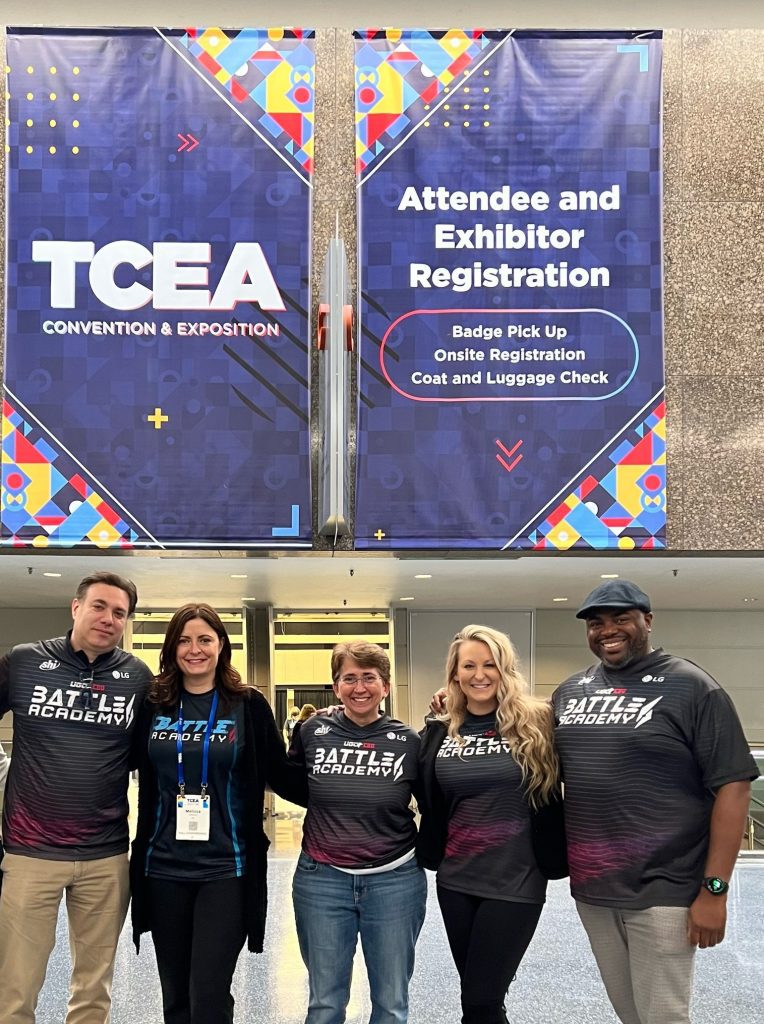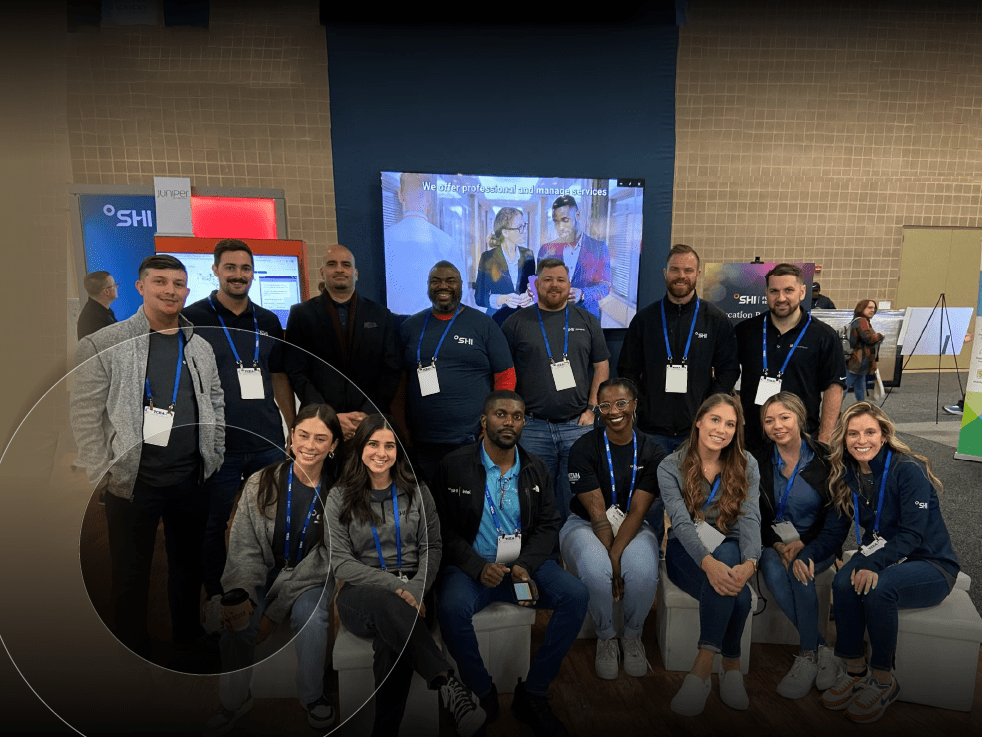TCEA Convention & Expo brings educators back together after 2 years
Staying connected in a world of hybrid education

If you’ve been longing for connection in a world affected by the pandemic, you’re not alone.
The past two years have proven challenging for students and teachers as well, forcing remote or hybrid classrooms and presenting educators with a new virtual reality as they struggle to keep students engaged.
The K-12 teacher-focused 42nd TCEA Convention & Exposition provided the exact ingredient everyone’s been missing – a personal connection through an in-person meeting of the education minds.
The event took place in Dallas, Texas from February 2-10, 2022, uniting thousands of educators who gathered to learn how to better engage their students in a hybrid, post-pandemic world. After spending the last two years in a mostly virtual environment, teachers and administrators enjoyed sharing ideas and soaking in knowledge from like-minded educators in person.
The result? An opportunity to reconnect, recharge, and collaborate through an event whose roots are based in technology.
Leveraging funds strategically
Educators attending TCEA entered the expo halls with a different mindset this time around. With the American Rescue Plan of 2021 (H.R. 1319) offering $633 billion for ‘IT-related’ initiatives, and the new COVID-19 relief bill that included $240 billion for public sector tech initiatives, teachers can now advocate for programs and tools they require. TCEA educators brought up the next big question: How can available funds be utilized most efficiently based on lessons learned from the pandemic?
SHI’s Grants Support Program offers insight on available grants, tailored funding reports, and consultations on current and future projects. We have partnered with the Grants Office, a national leader in grants intelligence, to help organizations identify and organize grants and funding available to them.
Infrastructure = foundation
It’s safe to admit we’ve all experienced the occasional glitch during a conference call or virtual meeting. And let’s face it – it isn’t fun.
Without the right infrastructure, there would be no online learning, no virtual collaborating, and frankly – no future. As dramatic as this sounds, today’s world is largely dependent on technology, and technology can only produce successful results if supported by the right infrastructure.
Before we talk about STEM or coding or esports, we need to make sure your infrastructure can support all the great initiatives you want to implement to help achieve equity for your students. Is your network ready for this? Sometimes we’re seeing the icing on the cake, but we forgot to talk about the eggs, the sugar, the flour – even the bowl.
Fortunately, SHI can equip your organization with the right tools for success. With end user, security, and cloud solutions, supported by our professional services, SHI can empower you to adapt to a changing business model.
Embracing a virtual world
Whether it’s bridging the learning gap or promoting social-emotional learning, TCEA sessions on critical topics like leadership, diversity and inclusion, and digital literacy featured tech titans who presented products meant to support virtual classrooms and educational institutions.
One thing became clear – the lessons learned in the past two years far outweighed any new gadget or tool available on the market.
Educators agreed the shifted modality of teaching necessitates a change in programming offerings. An emphasis on virtual reality learning, the metaverse, and robotics is equally as important as improving existing tools and programs.
Augmented reality, virtual reality, mixed reality (AR/VR/MR), coding, and esports generated a significant amount of attention. As cringe-inducing as video game engagement among youngsters can be for parents, statistics show coding, 3D animation, and design play a significant role in early literacy. Gaming and robotics can contribute to social-emotional learning and leadership skills, and offer lessons on embracing failure.
Esports is another field educators agree can pave future career paths, offering students – including ones with special needs and those at risk of not graduating – the opportunity to develop a variety of skills through science, technology, and mathematics (STEM).
The importance of being equitable
Integrating technology into the classroom during a time of isolation produced a newfound confidence among administrators and staff to continue offering their curriculum to students, regardless of location. Creating equity for students and staff for whom in-person learning was not an option was a vital part of the hybrid education model, an element that will continue to gain momentum as we adapt technology-driven collaboration methods.
It’s been said before: It takes a village. Connecting teachers, administrators, and technology leaders working toward a common goal is the secret ingredient for success. Creating partnerships between the education and tech worlds is vital for achieving equity, implementing programs, and propelling students toward greatness. Student achievement depends as much on technology advancement as on the successful communication and collaboration between industry leaders.
To learn more about sustaining the best end-user experiences for your hybrid educators and students, reach out to SHI’s education team at edusupport@SHI.com or contact your SHI account executive today.





